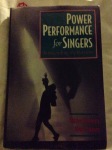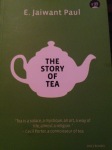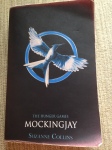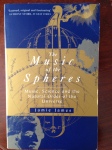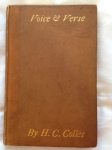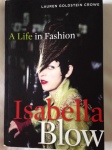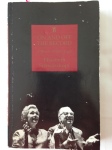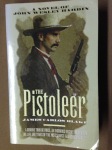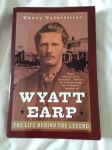The Cambridge Companion to Singing edited by John Potter
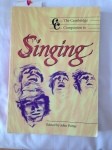
The Cambridge Companion to Singing edited by John Potter
‘But of all musical instruments the human voice is the most worthy because it produces both sound and words, while the others are of use only for sound, not for a note and words.’ – Anonymous thirteenth-century treatise
I’m now almost finished the books I’ve brought with me on this round the world trip, this being the third from the last, sadly, it’s been the least enjoyable. It got to the point that I just wanted it to be over with. I’m not sure a book like this was ever going to be or ever could be all that enjoyable, as it’s quite clearly the editors ‘pet’ favourites, so is going to miss a lot. This, he explains, in the beginning, so I can forgive that part, but what is hard is the way it’s presented. Some of the chapters feel like you are dropped in the middle of the topic and are not well introduced (Part IV: Chapter 16 – Alternative voices: contemporary vocal techniques is a good example of this, it’s like the authors have forgotten who their audience is in their writing – a problem I find a lot with contemporary explanations of this style of music – it’s like they try to confuse you when it’s not necessary and make it sound elitist and un-understandable, as someone who has performed this style, it’s always been one of my bug bears, it’s no wonder no one, gets interested when it’s presented in such an over the top un-understandable way.) or exited (like the book itself – there is no conclusion or an attempt to try to sum up the book!) There is a chapter that I feel really got it right and that was the chapter on children’s singing, another area I am familiar with, that really is well presented and easily understood and makes you want to know more – (Part IV – Chapter 18 Children’s singing by Felicity Laurence.)
The fact that this is a Cambridge University Press edition and it came highly recommended, has not help me, but to be very disappointed. After reading books which were almost seventy years older or more, but with a far better idea of how to present a topic and write about it, this books falls very short of the post.
I feel this book is trying to do too much. I did like the variety of styles of singing that are covered and I’ve learned quite a bit, so there is a lot of interesting things to learn, but I found it very hard to read it from one chapter to the next. My suggestion to anyone else who reads it after me, do not read it in order! Choose a method of reading it – maybe oldest to most recent – that may make the book flow more and therefore more interesting.
Also, I’m not sure that performance practise and history of styles is the basis for one book, as there is a lot missed, so the whole last third of the book, really, is a completely different subject that deserves its own book and then that would allow for more depth of the history and styles in the first half. Also to finish on the science of singing, a particularly dry chapter to read, is not a good way to end this book. Once again, I feel this chapter, while interesting to those who know a bit about it, is not a good way to end and deserves a different placement either in this book or, a better choice, in that second book on performance practise. When I was in university they had a whole years course devoted to this one chapter, so I’m very impressed that the author condensed so much into one chapter, but it’s not a pleasant read.
I’ve not read any of the other Campion series, but I have taken a sneak peek at some of the other titles and found that they have a book just devoted to Bob Dylan, so if they feel a whole book to Bob Dylan is necessary, why on earth did they think they could do as much as they tried in this book?! Doesn’t say much for one of the most world-renowned Universities.
